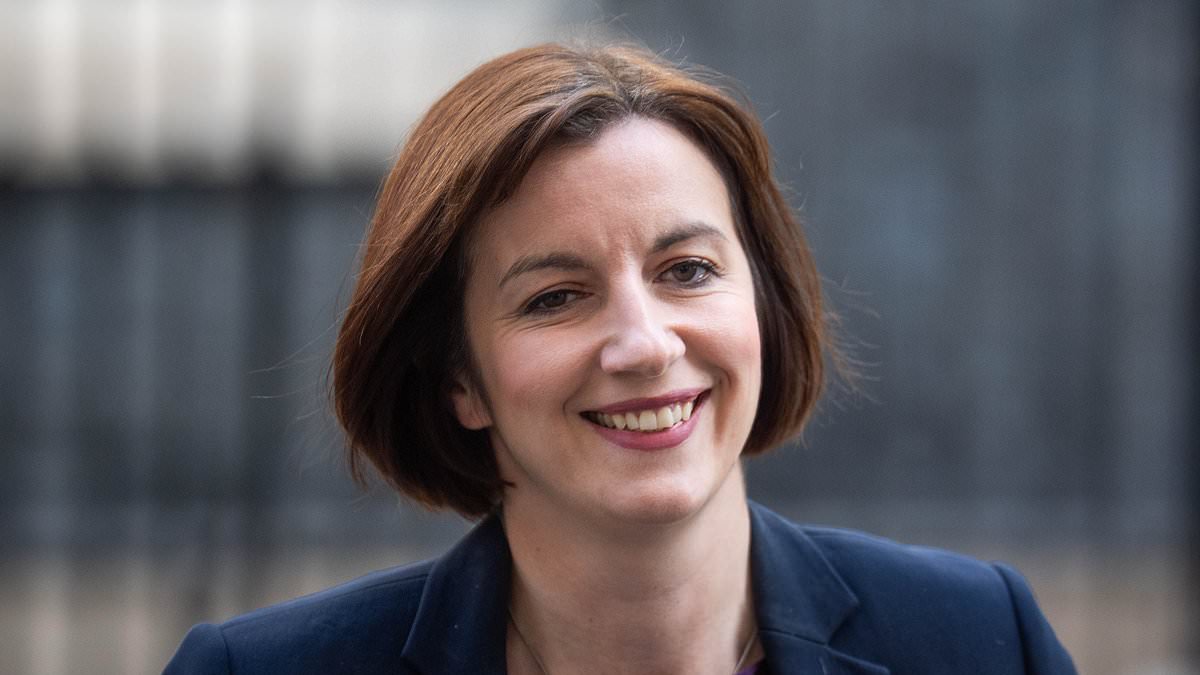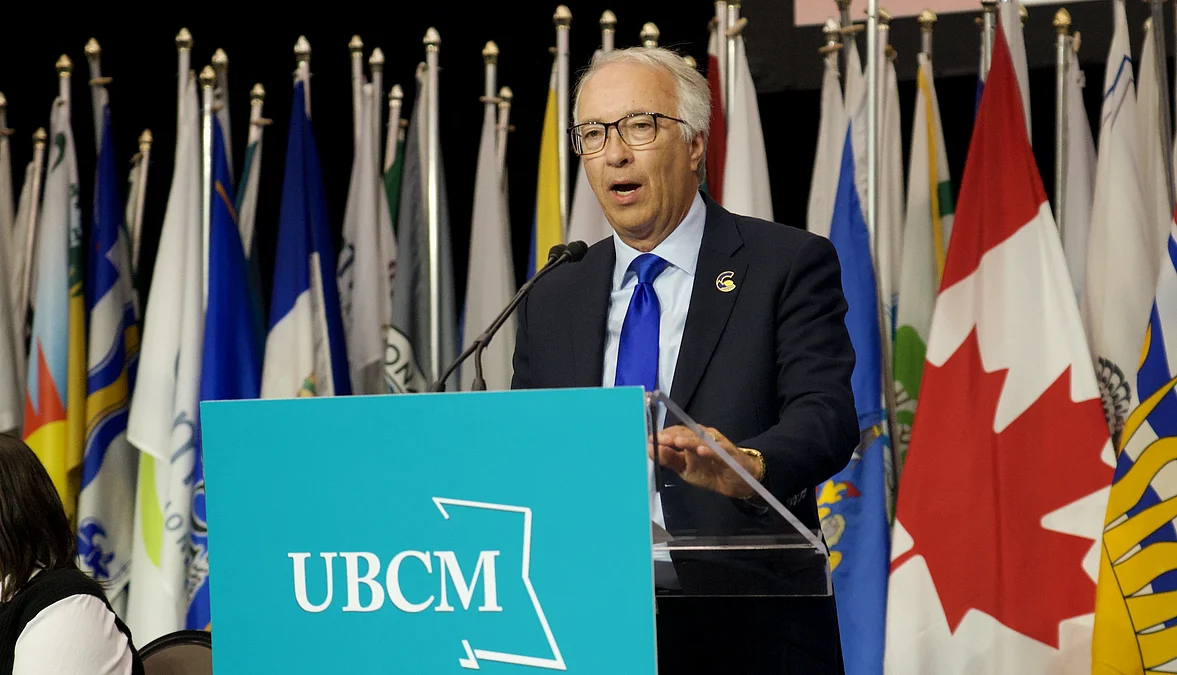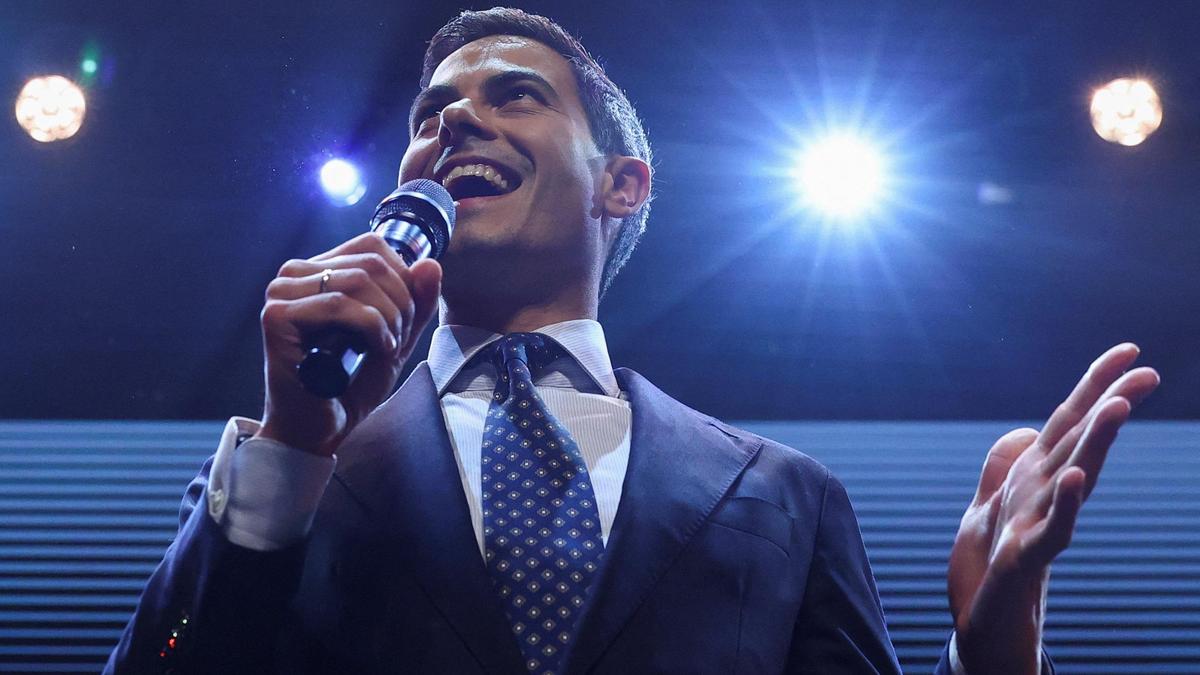Copyright dailymail

Ministers have been accused of ‘education vandalism’ after tearing up Tory reforms aimed at making the curriculum more rigorous. In proposals announced tomorrow, Labour will reduce GCSE exams, simplify primary school tests and scrap a drive against ‘Mickey Mouse’ subjects. Other plans due to be unveiled by Education Secretary Bridget Phillipson include decolonising the curriculum to boost ‘diversity’, and a new focus on ‘climate change’. The reforms, which undo a raft of flagship Tory policies, have been met with glee by the teaching unions. However, Laura Trott, Shadow Education Secretary, said: ‘Labour’s idea of boosting social mobility is to teach primary school children about climate change instead of making sure they can read, write and add up properly. ‘These reforms will mean fewer children studying history and languages post-14, and will hide standards slipping in schools. ‘Education vandalism will be the lasting legacy of the Prime Minister and Bridget Phillipson.’ It comes after Labour commissioned Professor Becky Francis to lead a wide-ranging curriculum review, also published tomorrow. Many of its recommendations are being taken forward by the Government, including scrapping the English Baccalaureate (EBacc). Introduced under former Education Secretary Michael Gove, it encourages pupils to take a suite of ‘tough’ GCSE subjects including English, maths, science, a language and a humanity. Schools that get a high proportion of their pupils to take the EBacc are rewarded in performance tables. The measure is aimed at getting more pupils to take the rigorous subjects favoured by top universities, as opposed to ‘Mickey Mouse’ ones. However, the Department for Education (DfE) believes this ‘constrains choice’, and instead wants to allow pupils to swap either the language or the humanity for a ‘creative’ subject. Examples might include art and design, drama or dance. Former Tory education minister, Sir Nick Gibb, called it a ‘deeply retrograde step’ and warned it will lead to ‘a precipitous decline in the study of foreign languages’. He added: ‘It will mean that increasingly the study of foreign languages will be centred in private schools and the children of middle class parents who can afford tutors. ‘This is yet another move by this Government to weaken academic standards in our state schools and to widen the attainment gap between the haves and the have nots.’ Also included is a move to reduce the overall volume of exams at GCSE by ‘at least 10 per cent’ to ease ‘exam stress’ – amounting to between 2.5 and 3 hours per student. In addition, the Government is scrapping the requirement for Year 6 pupils to learn grammar terminology – long hated by the teaching unions. Under Mr Gove’s reforms, primary school pupils had to learn the definitions of ‘fronted adverbials’, ‘the subjunctive mood’ and the ‘present progressive tense’. However, this will be scrapped over concerns of ‘disengagement’ and instead children will be guided in practical applications of grammar. And following campaigns to ‘decolonise the curriculum’, content and texts will be changed to ‘reflect the diversity of our society’. The Francis review notes that in music, for example, the current terminology used ‘limits the inclusion of diverse genres and styles.’ The DfE said it wants ‘every child to see themselves and their communities reflected in the curriculum’. Unveiling the ‘landmark reforms’, Mrs Phillipson said they would ‘help young people step boldly into the future, with the knowledge to achieve and the skills to thrive as the world around us continues to rapidly evolve.’ Professor Francis said all the changes would be made without compromising on rigour and core course content. She said: ‘Our recommendations have sought to ensure that high standards extend to all young people irrespective of background, and that barriers to opportunity are removed.’ Pepe Di’Iasio, General Secretary of the ASCL heads’ union, said he ‘welcomed’ the changes to Year 6 Sats, GCSE exams and the EBacc, adding: ‘We have called for reforms in these areas for a number of years’. Other reforms announced tomorrow include a new entitlement for all GCSE pupils to be able to study three separate sciences, instead of just combined science. Currently, some schools do not offer the option of three sciences - biology, chemistry and physics. In addition, there will be a statutory reading test in year 8, and a new modernised computer science GCSE. Primary school pupils will be taught ‘citizenship’, which includes financial literacy as well as how to spot fake news. It comes after the Tories spent 14 years trying to overturn what they called the ‘dumbing down’ of the New Labour years under Tony Blair. The EBacc, primary school grammar and a refocus on exams were all Tory policies aimed at ‘toughening up the curriculum’. Others included tackling grade inflation and making the curriculum more ‘knowledge rich’. The details of the new curriculum will be officially released at a later date and put out for consultation, before being rolled out in September 2028. By Chris Pollard She has a PhD in women’s studies, is a Professor in social justice and has been accused of having a fascination with identity politics. Left-wing academic Professor Becky Francis has made no secret that the pursuit of social justice would be central to her strategy to improve standards. But critics say this pursuit has led to a ‘dumbing down’ of the national curriculum for all in plans unveiled today. Professor Francis grew up in a village outside Bath, the daughter of a recycling entrepreneur and an Oxford-educated mother. After obtaining her arts degree at Swansea University in 1992 and her PhD at the University of North London, she taught and researched at several universities in London before joining University College London (UCL) as an academic. According to a profile on the UCL website, Professor Francis is best known for her work on ‘social identities (gender, “race” and social class) in educational contexts...and gender theory’. She was previously head of the Institute of Education at UCL, considered the university’s most liberal faculty, where she founded the Centre for Sociology of Education and Equity, a research centre dedicated to advancing ‘equity and social justice’ in schools. Her academic papers have included pieces entitled ‘Power plays: primary school children’s constructions of gender, power and adult work’, ‘Understanding minority ethnic achievement: race, gender, class and “success”, and ‘Re/theorising gender: Female masculinity and male femininity in the classroom?’. In a recent interview with The Times, Professor Francis - a long-standing member of the Labour Party - rejected the idea that children who fail maths and English exams should be made to resit them, saying: ‘I don’t think that is productive for anyone.’ Asked if it was possible to improve standards for everyone without ‘dumbing down’ lessons, she said: ‘There are delicate balances but we can improve the present offer without dropping standards for high achievers or those presently succeeding.’ She was elected a Fellow of the British Academy and the Academy of Social Sciences in 2021, and was handed a CBE for her services in eduction in the 2023 New Year Honours List. She was invited to help Keir Starmer’s government shake up the national curriculum in July last year. One of her main mantras throughout her curriculum review has been ‘social justice’ - a term often used to mean prioritising certain individuals rather than ensuring genuine equality. Professor Francis has also spent nearly three decades arguing that the achievement gap between boys and girls - with girls consistently doing significantly better - is over-stated. In a 2015 interview with the Guardian, she dismissed the issue as ‘relatively small’ and a ‘moral panic’, adding: ‘The clearly glaring gap in the English system is that of social class.’ As well as her focus on gender and equity, Professor Francis has also spoken about introducing artificial intelligence into classrooms. ‘I very much feel that we’re at the cusp of a world where it really can help with assessments and supporting the teacher,’ she said, adding the infrastructure isn’t quite ready yet. Her appointment caused controversy among commentators, who claimed her focus on ‘social justice’ risked letting down those who need help at the expense of fashionable groups. However, Labour has insisted Professor Francis’s review was about ‘modernising’ the curriculum for a fast-changing world.



